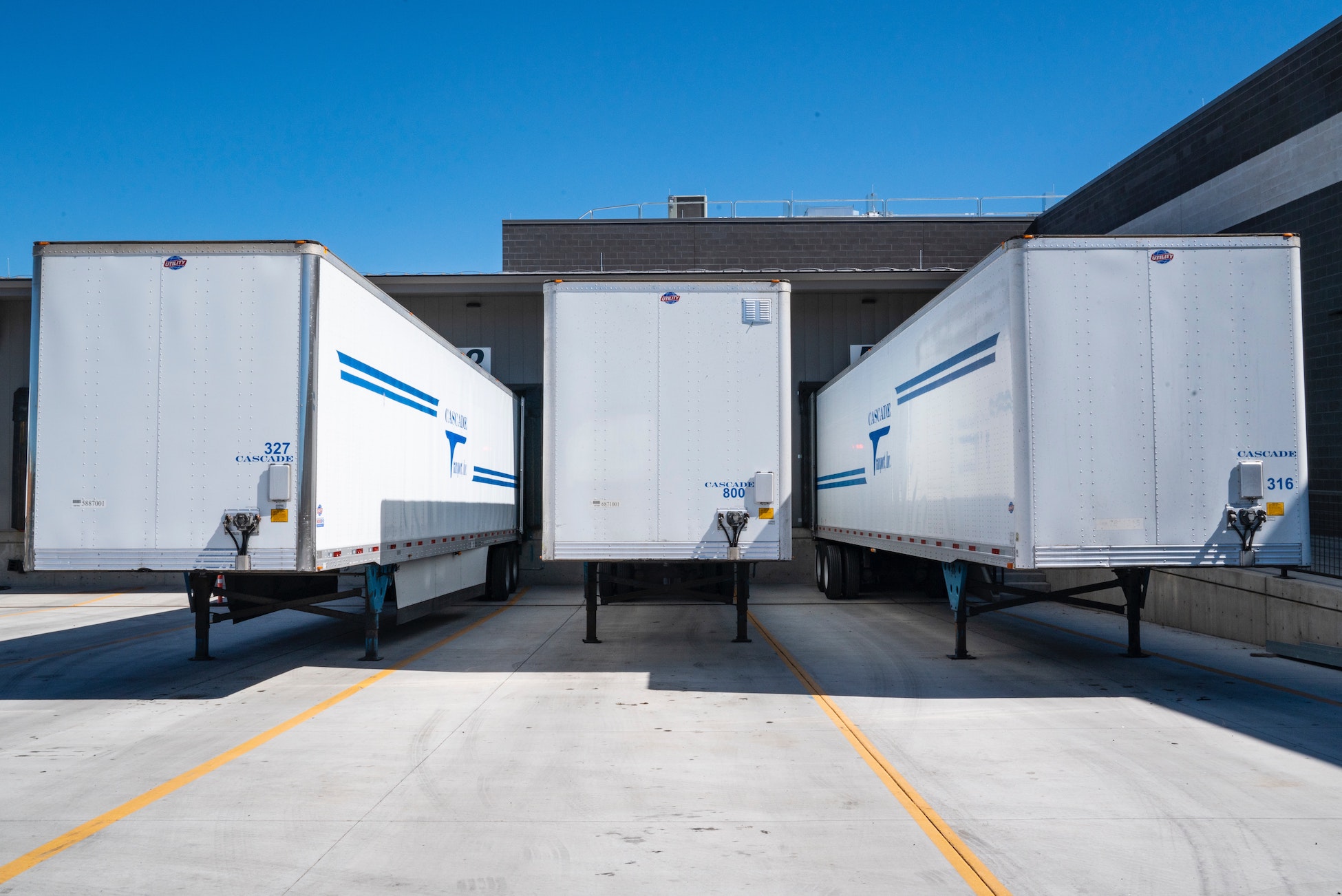
A company vehicle is often incorrectly referred to as a lease vehicle. After all, a company vehicle can be financed with a leasing construction, but it can also simply be purchased by a business.
Trucks or Fleet?
There are many types of company vehicles. A regular distinction, for example, is that between trucks, vans, passenger cars, etc. Most fuel card issuers also differentiate between trucks and the so-called ‘fleet’. For them, trucks are (large) trucks, often above 7.5 tonnes, while the fleet consists of buses, vans, and passenger cars for sales representatives or management. The refuelling policy is in practice also different for the two groups. For trucks, there often is a very clear and well-defined fuel policy, with very clear driver instructions on where to refuel. In practice, this is usually very different for the fleet, where prescribed rules regarding the fuelling station are often absent.
The Difference in VAT and Excise Duties Reimbursement
The two groups are also treated differently when it comes to the refund of VAT and excise duties. Whereas it is structurally possible for company trucks in all Member States to recover VAT on the purchased diesel and on the expenses made for commercial toll roads, there is no uniform European policy for the refund of VAT and excise duties for the vehicles of the fleet. In other words, each Member State has its own rules regarding the refund of VAT and/or excise duties, with some Member States also excluding the refund in whole or in part for this group. This also applies to other expenses, such as hotel, travel and accommodation expenses. If a refund is granted, the way in which the proof (including invoices) is submitted also differs per Member State.
Of course, you want to get the VAT and/or excise duties back, so it is advisable to get in touch with Alfa Transport Services. ATS will perform a ‘quick scan’ with you in order to assess the amount you can have reimbursed.






